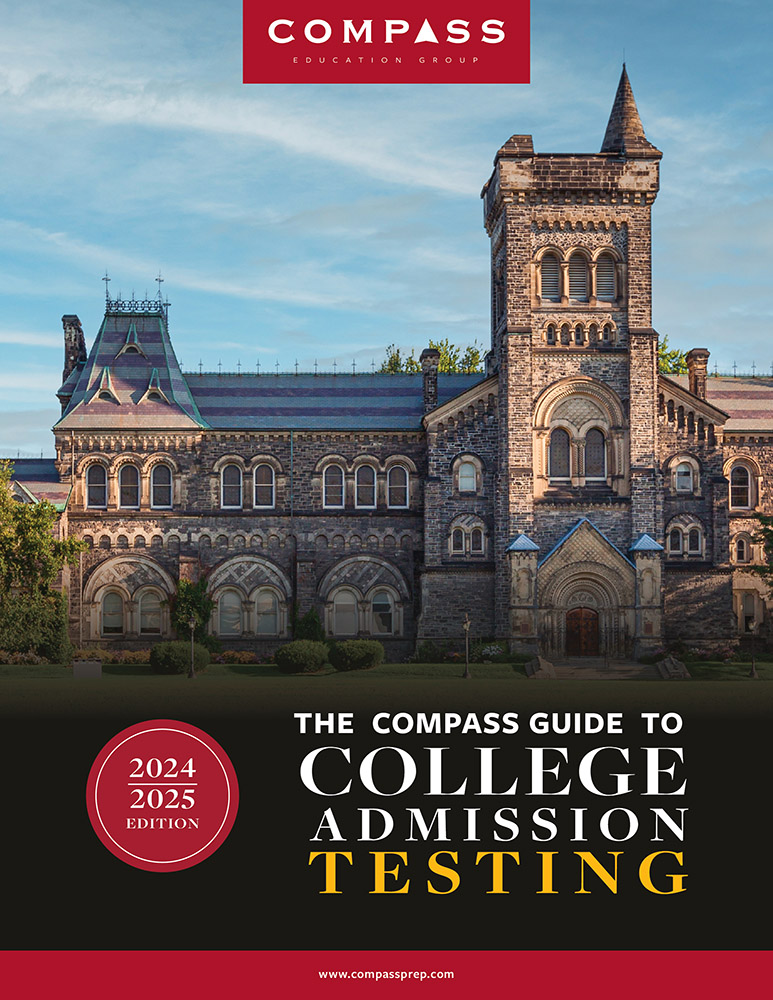 Probably one of the most common questions I’m asked about ACT Science is, “What should I study?” And because of the design of the ACT Science section, this question is not the easiest to answer. Let’s look at some concrete facts about the section.
Probably one of the most common questions I’m asked about ACT Science is, “What should I study?” And because of the design of the ACT Science section, this question is not the easiest to answer. Let’s look at some concrete facts about the section.
This 35 minute, 40 question-section tests your ability to interpret and understand experiments. Period. It is extremely rare for a question to ask about “outside knowledge,” as in, “which of the following equations accurately represents photosynthesis.” Still, a strong foundation in Biology, Chemistry, Physics, and Earth Sciences is extremely helpful.
I generally advise students they should be able to balance chemical equations, understand the pH scale, remember conservation of energy, have working knowledge of a “control” and “direct/indirect variation,” know that gravity is down, and be solid with other standard principles of science. Basically, it’s the “working knowledge” of science that students need, rather than “specific science facts.” Think more “being a good soccer player” than “memorizing the stats from the last ten games.”
The majority of the questions will ask about results of data. For you, this means graphs, tables, charts. Stay away from the paragraphs as much as possible! There are 2 keys to doing this well: 1. From the question, find out which graph you’ll need and what you need to look for, and 2. Match the wording of the question with the data exactly.
The rest of the questions will ask about experiment set-up, or ask you to make logical conclusions. For these, find wording in the paragraphs that aligns with the question, use all your science knowledge and common sense, and trust yourself! You’ve got more in you than you might know. And by the way, move quickly, it’s a fast paced section.

